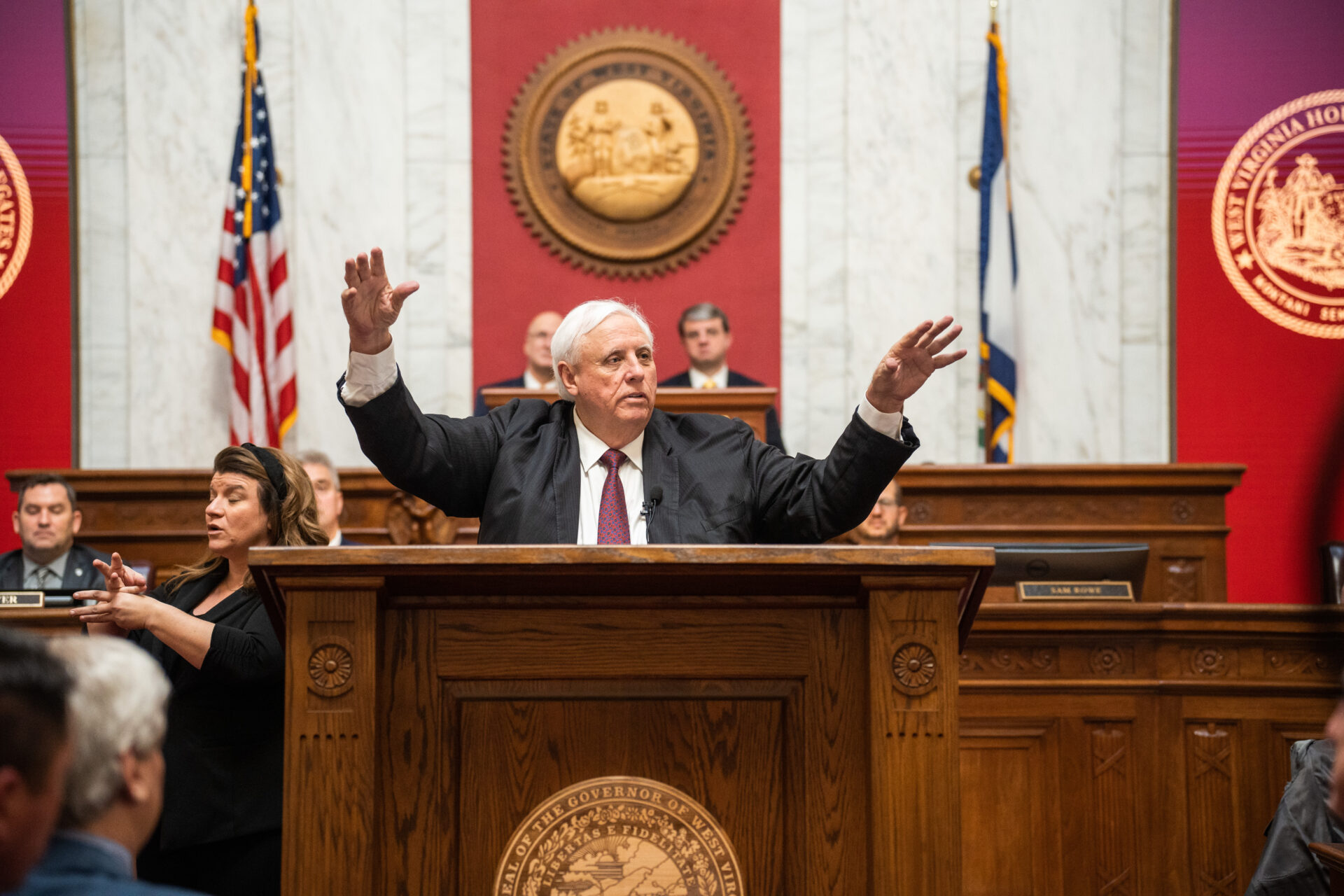A federal judge in Virginia has ordered one of Gov. Jim Justice’s coal companies to surrender a helicopter to a third party in Texas.
The sale of the 2009 Bell helicopter, valued at $1.5 million, would help to partially settle a $10 million debt Bluestone Resources owes to a Caribbean investment firm.
In his Friday order, Judge Robert S. Ballou of the U.S. District Court for the Western District of Virginia, gave Bluestone 72 hours to turn over the helicopter to Heli-X of Colleyville, Texas.
If Bluestone fails to do so, U.S. Marshals would seize the helicopter.
Bluestone, based in Roanoke, Virginia, is one of numerous companies owned by the Justice family that owe vast sums of money to their creditors.
There are multiple cases involving Justice’s companies in the Western District of Virginia.
Last month, 1st Source Bank, of South Bend, Indiana, sued Bluestone in the court, charging breach of contract and seeking $4.5 million in damages.
The complaint accuses Bluestone of defaulting on loan agreements and also seeks attorney’s fees and possession of collateral.
According to the complaint, that collateral consists of “equipment owned by Bluestone Coal” and three properties that are part of the Wintergreen Ski Resort near Charlottesville, Virginia.
Another federal judge in Roanoke late last month held Southern Coal in civil contempt. That Justice company failed to reimburse a Charleston insurance company for more than $500,000 in workers’ compensation payments.
Judge Elizabeth Dillon gave Southern Coal seven days to repay BrickStreet Mutual Insurance. After that, the court will impose a $2,500 daily penalty on Southern Coal until it complies.
Justice is a Republican candidate for the U.S. Senate.
